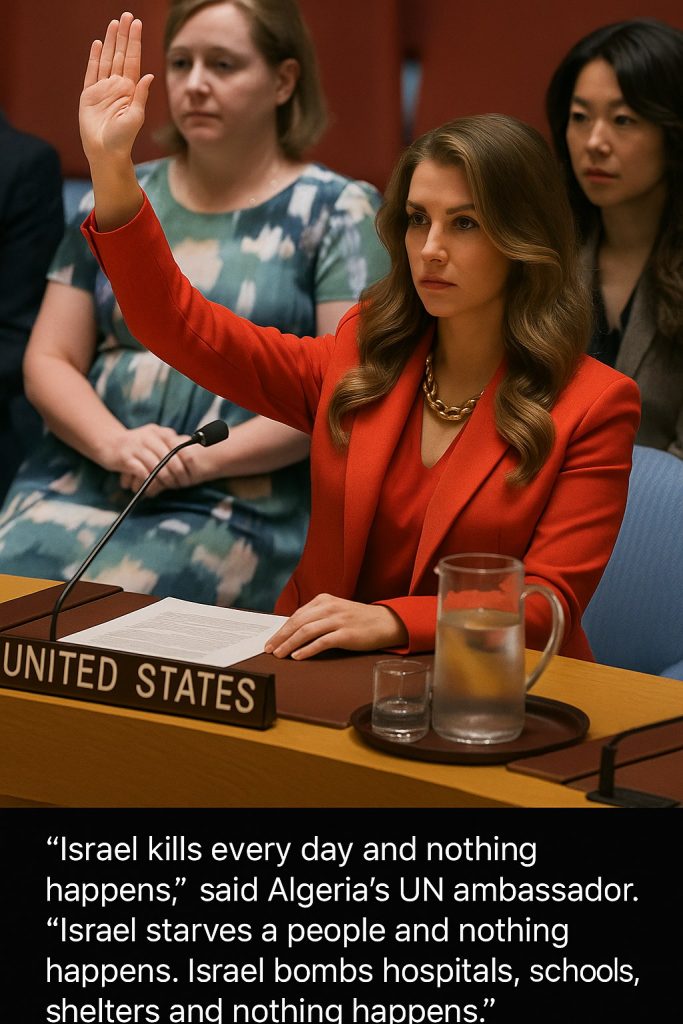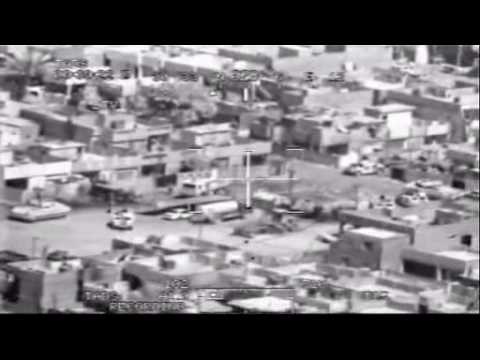In a passionate address at the United Nations, Algeria’s Ambassador to the UN, Nourredine Ayadi, has ignited international outrage by condemning the perceived inaction of the global community regarding Israel’s military actions. “Israel kills every day and nothing happens,” he stated emphatically, drawing attention to the humanitarian crisis unfolding in Palestine. Ayadi’s statement not only reflected the anguish of a nation but also underscored a pressing issue that has resonated through social media platforms worldwide.
The ambassador highlighted a grim reality: “Israel starves a people and nothing happens. Israel bombs hospitals, schools, shelters and nothing happens.” His remarks are a potent reminder of the devastating impact of the Israeli-Palestinian conflict, an issue that has persisted for decades but often finds itself overshadowed in international discourse.
Amidst ongoing airstrikes that have resulted in civilian casualties and the destruction of critical infrastructure, calls for accountability can be heard growing louder. Reports indicate that vital resources, including food and medical supplies, are becoming increasingly scarce amidst the ongoing blockade, exacerbating the suffering of innocent civilians.
The comments from the Algerian ambassador have sparked widespread discussion online, with many users sharing the quote and expressing solidarity with the Palestinian cause. Posts featuring the ambassador’s stark truth have gone viral, prompting thousands to vocalize their frustrations over what they perceive as a lack of adequate international response to the humanitarian crisis.
This articulation of despair also finds resonance with advocacy groups that have long decried the cycle of violence in the region. Organizations such as Amnesty International and Human Rights Watch have documented numerous instances of alleged war crimes during conflicts in Gaza, prompting a call for increased scrutiny and accountability from the international community.
The reactions have been mixed; while many resonate with Ayadi’s sentiments, others argue that the escalating violence on both sides should be contextualized within a broader narrative of a complex and multifaceted conflict. However, the sheer weight of civilian suffering highlights an urgent need for renewed focus on peace initiatives and humanitarian aid.
As world leaders gather in New York for the United Nations General Assembly, Ayadi’s words serve as a potent reminder that the voices of the affected must be amplified. The growing social media outcry reflects a generational concern for human rights and justice, with many calling for not just dialogue but tangible actions to ensure the protection of civilians and the upholding of international laws.
With the world watching, the pressing question remains: how long will the global community stand by while civilians face the brunt of ongoing conflict? The time for action may be now, as advocates hope that Ayadi’s poignant remarks will resonate beyond the walls of the United Nations and encourage a renewed commitment to peace in the troubled region.
Where to Learn More
- Israel: Unprecedented Violence Requires Human Rights Response – Amnesty International
- World Report 2022: Events of 2021 – Human Rights Watch
- Israel-Palestinian Conflict: The 2021 Gaza War Explained – BBC News
- Algeria Blasts Israel’s Actions at UN – Al Jazeera



